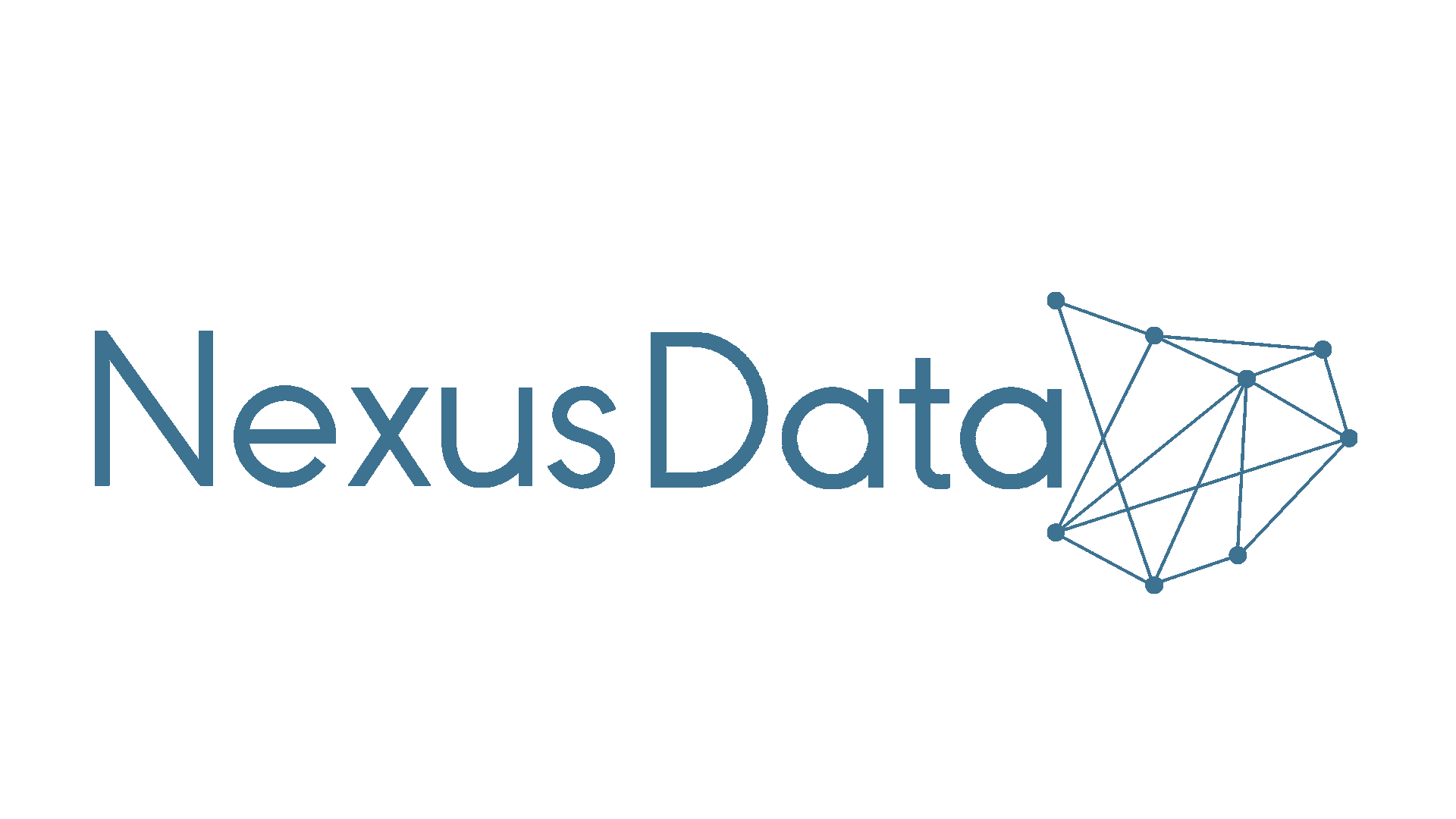Data governance is an enabler, but compliance and governance, for the most part, are in the perception phase where they are still seen as grudge purchases because we feel like we are being dictated to by big brother, we are being restricted and we may lose business agility and flexibility.
Yes, governance is important and yes, it may seem to be tedious and irritating to implement and manage, but the value cannot be understated when actually considering the meaning it adds to an organisation’s data and the competitive advantage it brings to those organisations that can execute sound data stewardship. It is how it is discussed at the meeting table that makes all the difference to how it can be implemented to provide the best advantage.
Explains Karl Dinkelmann, Nexus Data’s CEO: “It is about seeking out the revenue potential from the data and applying governance to extracting that potential. If we are looking at the example of a financial institution, the objective would be to build a 360-degree view of the customer; being able to view the customer from every angle. The value in this comes from being able to increase revenue by optimising offerings based on a detailed understanding of payment patterns, credit standing, and what additional products customers have, such as insurance or home loans. However, the challenge is most often not related to technical platforms, but in how the organisation defines core concepts (i.e. “customer”) between its different divisions, channels and systems, for example those divisions that serve commercial customers and those that serve individual customers.”
Nexus Data was created partly in response to the recognition that companies grapple with the concept that data governance can create real business value and the need that organisations have to extract this value by moving from a governance mindset that is compliance-driven towards a mindset that is value-driven. Nexus Data’s expertise is grounded in building data models and solutions through a philosophy of connected thinking, which connects disparate data concepts together, for example, connecting data governance to value-driving solutions.
One of the questions that Dinkelmann says has to be asked is who, exactly, the customer is, especially where there is a channel component. He says that where a channel is involved, critical data about the end “customer” is most often not available, and significantly hampers the ability to produce valuable data analytics outputs. Channels typically screen information and data then needs to be acquired from behind the channel, usually at a significant cost, in order to build accurate and valuable models and analysis. However, this data acquisition requirements is often an afterthought, and solutions are built without the required data and then later prove to be ineffective, because we fail to accurately and comprehensively define the concept “customer” and then “discover” which data we actually need in order to make the solution produce a valuable and complete answer.
“We have to rethink core concepts and address the disconnect from the value of governance, which is meant to light up data that is defined and then sourced properly,” continues Dinkelmann. “Data governance approaches, when attached to real issues, can prove invaluable.”
“Companies believe sophisticated tools can sort out data governance, but that is not so and often such tools sit in a corner gathering digital dust,” says Frans Germishuizen, Nexus’ head of data operations consulting. “Most often, initially putting in place a simple spreadsheet to manage a core data governance concept can help to ensure that the right information is
available and managed by a data owner.”
Dinkelmann cites the wrong approach – which is when companies are technology-driven as opposed to being process-driven.
Behavioural Analysis
“The data governance tools that are available are great – it is the organisation’s processes and its culture that need to adapt,” says Dinkelmann. “Then there is the wastage in building solutions that are mistrusted or unusable and thus the resentment in the boardroom over spending millions on something that does not work as expected. This goes back to the 360-degree view of the customer and the missing data that means inaccurate results as the outcome and thus the disappointment of having to deal with yet another wasted investment.”
Both men agree that without the insightful and accurate data that is required to produce data solutions that can be trusted, upselling and cross-selling to best effect are primary opportunities that will be missed. They say that with effective behavioural analysis, call centres have the potential to improve success rates from a one-in-a-hundred to a one-in-ten. However, they emphasise that success in data analytics is not about throwing around big budgets, but taking sensible, small and realistic steps, starting with the highest value business case, applying core data processes and then piloting this as the foundation for other solutions.
“It is a series of steps – a journey up a staircase,” says Germishuizen. “Once there is clear value from a solution, the board will feel more confident to take further steps and invest more into data capabilities.
“This is where people need guidance,” continues Dinkelmann, “helping them to start projects with the most value and then determining what constitutes “just good enough”. A culture that does not follow a value-driven approach is where a change management process will add benefit, but any change needs to be simple and demonstrate direct value.
“As a company, define your core business terms (i.e. “customer”) on your analytics dashboards and ensure that your partner in this process is able to drive the right, fit-for-purpose solutions that will yield real value. Adopt a relevant and value-driven data governance approach that will take the perceived pain out of data governance because real results create momentum which makes everything easier,” he concludes.
Written by Rebecca Haynes
Contributors
Karl Dinkelmann, CEO, Nexus Data
Frans Germishuizen, Head of Data Operations and Consulting, Nexus Data

